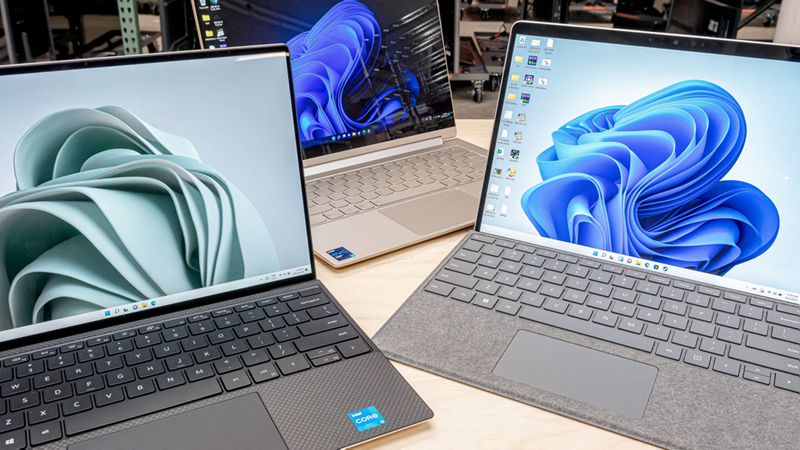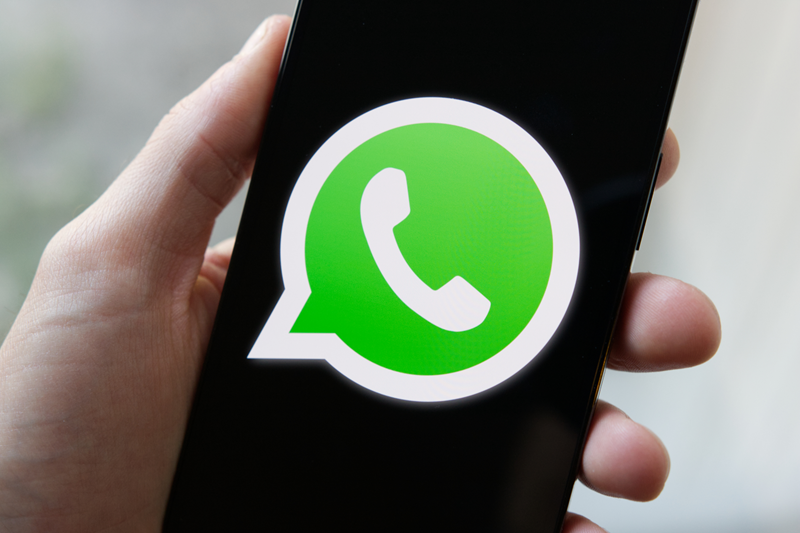During the study, researchers concluded this after showing videos of bustling streets and an empty office to 40 people. Researchers say that from the street it feels like you've been on lunch break for a long time. On the other hand, being in a quiet office makes the lunch break seem shorter.

Latest Research on Office Lunch Break: After home, the man spends the most time in the office. Morning shift workers also take lunch breaks in between work, which is also very important. If the break is a little longer, then the body also gets some rest and some enjoyment is also done, but due to the workload, few people get a long lunch break, but if you want, even in a short time, only for the crowd. By going in the middle, you can feel the long lunch break. You must be feeling a little strange reading this, but it is true. A study has revealed that people who reach or walk in crowded areas after having lunch, find the lunch break longer. Let us know in detail, what is the whole matter.
Research was done on 40 people

A study has shown that being on a busy street or taking a walk after lunch can make you feel like you're on lunch longer. On the contrary, living in a quiet office can reduce the time of your lunch break. The researchers concluded this after 40 people were shown videos of bustling streets and an empty office.
Researchers gave this reason
During the research, when they showed people street scenes, they generally felt that they had spent more time watching videos, but they felt that they had less time after seeing boring offices. Experts believe that we calculate time internally by counting the number of things that happen to us. In a busy environment, we feel that we have been there for a long time.
Can predict brain activity
Dr. Maxine Sherman from the University of Sussex, who led the study, explained, 'To get out during your lunch break you have to walk past people, unheard conversations, shop signs, traffic, and your thoughts about the day. Get to know your thoughts. It makes sense that when you look at all those things that happened during that lunch break, it looks like it was a long one.' The study, published in the journal PLOS Computational Biology, found that brain activity can predict the perception of time from people's MRI scans.










